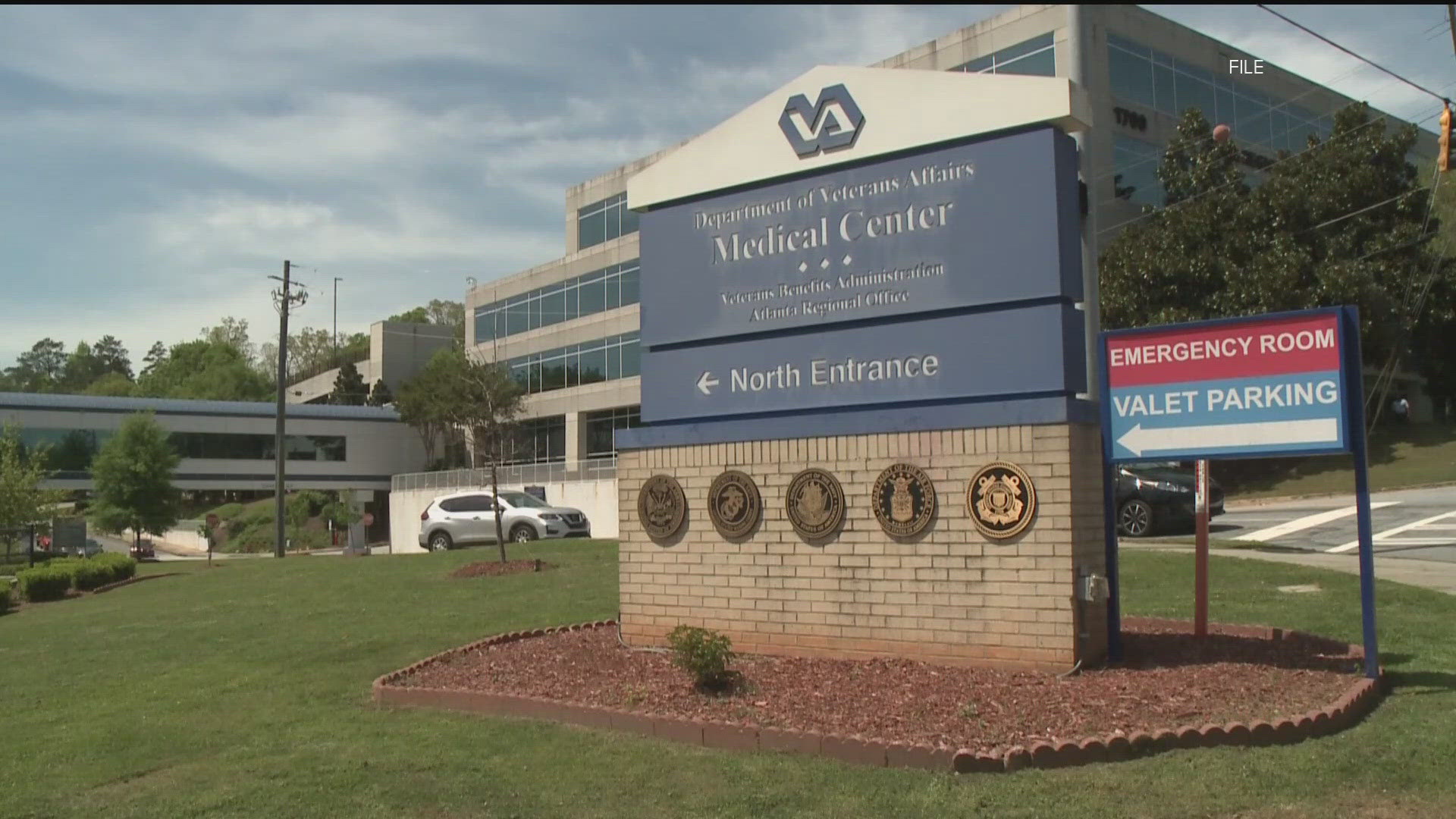ATLANTA — The Atlanta Veterans Affairs Medical Center has temporarily closed its operating rooms due to the presence of phorid and moth flies.
According to Atlanta VA Director Kai Mentzer, the closure began Monday and has affected 226 patients. About 2-3 flies were being detected a day.
"One was enough for us to say 'oh gosh, this has a possibility to impact the sterile area for our veterans,'" Mentzer said.
Impact on patients and services
Mentzer said the closure was made out of an abundance of caution. Urgent medical appointments have been rerouted to other hospitals in the community, while non-urgent cases are being rescheduled later. The VA is hopeful the operating room will reopen on Tuesday.
"Everyone involved in surgery has been meeting to really try and do everything we can to get it reopened for patients," Mentzer said.
Understanding the health risks
Mentzer said the VA has brought on local expert entomologists from Atlanta and the University of Georgia to advise them about the flies, and the best way to eradiate them. The VA does not use pesticides in its facility.
Mentzer said they're working to replace and repair parts of the ceiling that have been leaking. They have also scoped and treated all 47 drains in the operating room areas.
"It's really been a long journey to try and get the patients back in here but we're all pretty adamant that we don't wanna bring them back in if we can't provide that safe environment," Mentzer said.
Phorid flies, also known as humpbacked flies, are particularly concerning in healthcare settings. According to the Los Angeles County Department of Public Health, these insects can transmit diseases, posing a significant risk to patients, especially those with weakened immune systems.
Moth flies, or drain flies, are known to trigger bronchial asthma in susceptible individuals. Orkin Canada reports that the larvae of these flies can cause myiasis, a parasitic infestation where the larvae grow inside human tissue, further highlighting the potential health risks.
Mentzer said no negative health impacts have been reported related to the presence of the flies, but said VA leadership wanted to exercise caution.
"We don't want our patients to come in and get a surgery and then find themselves with an infection that we could have avoided," he said.

